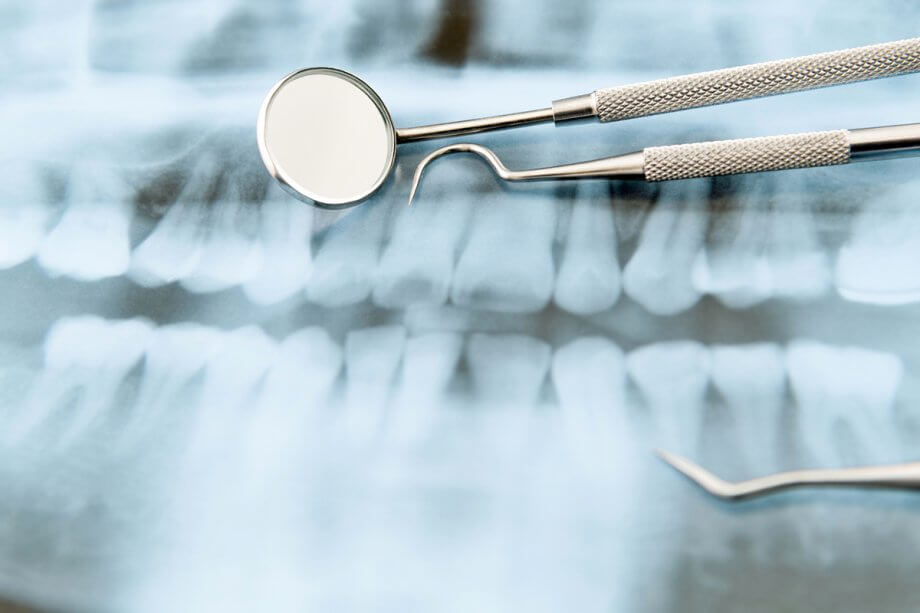Root resorption is an oral health condition that involves the erosion of your tooth’s root structure. This needs to be addressed by an experienced endodontist - or else it could result in irreversible damage to your smile.
But what causes root resorption? Let’s find out.
What is Root Resorption?
In a nutshell, root resorption is when the roots of a tooth begin to get weak and dissolve. This happens more often than you’d think. For instance, when kids lose their baby teeth it is root resorption that makes room for their permanent teeth.
Root resorption is not supposed to happen in adulthood.
This oral health condition is in reference to the inflammation and loss of either the inner soft tissue (more formally known as dentin) or the outlet layer of the tooth’s roots (better known as cementum). And there are many different reasons this may occur.
Causes of Root Resorption
Causes of root resorption vary from patient to patient. And, sometimes they are not known at all. A few of the main causes in adults include:
- Inflammation. When gums or a tooth’s root are infected and inflamed, root resorption can result.
- Trauma. Root resorption can occur due to an accident or injury that impacts the face or teeth. For example, this trauma could be from car accidents, sports injuries, fights, or something else.
- Genetics. Different studies show that you may be predisposed to root resorption if you have a family history.
- Impacted teeth. Wisdom teeth often get impacted. And when they do, they push against a nearby tooth’s roots. This can also cause root resorption.
- Bruxism. Bruxism involves teeth grinding and clenching which exerts unnecessary pressure on the teeth. This can cause their support to begin to break down and root resorption to happen.
- Movement/shifting of teeth. Without the proper support of adjacent teeth, such as when you lose a tooth or as the result of orthodontic treatment, the teeth begin to move into a new position. When they do, it is possible for root resorption to take place here, too.
Signs of Root Resorption
While many patients will not experience any noticeable signs of root resorptions, some will. Knowing what to look out for can be beneficial in seeking the proper treatment.
A few common signs of root resorption include:
- Tooth pain
- Newly crooked/shifting teeth
- Loose teeth
- Infection or inflammation - in teeth or gums
- Receding gum lines
- Chips or fractures in teeth/tooth
- Discolorations
Again, not everyone experiences symptoms when dealing with root resorption. Visiting your dentist routinely can help spot these issues before they get too out of hand.
Root Resorption Treatment
If you are in or around the Edmond, OK area and are experiencing root resorption, then it is important to see an endodontist. And the team at Contemporary Endodontics can help. We have extensive experience in providing our patients with the best root resorption treatment - including root canals, extractions, and more.
To get started, contact us today at 405-285-5042. Or, request an appointment online.

